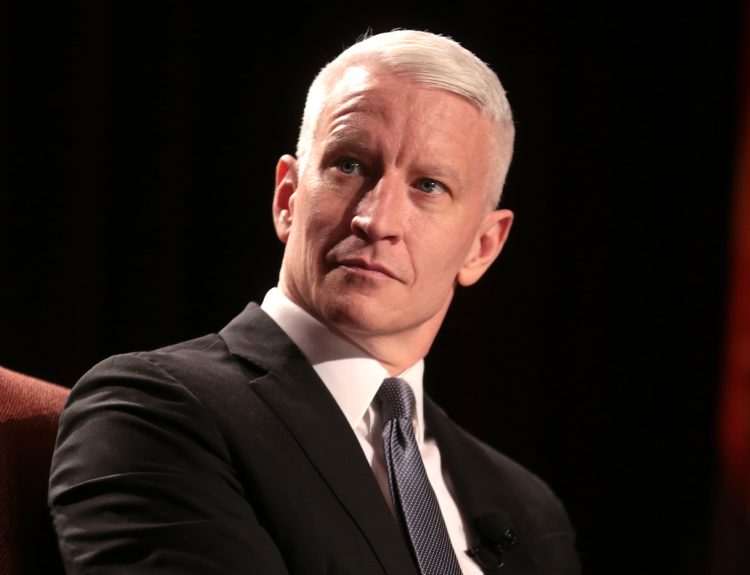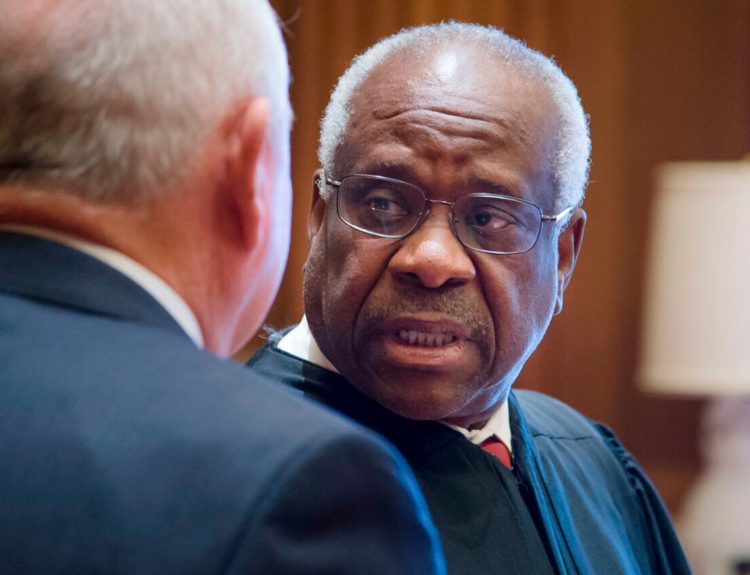There’s been a lot of debate about “white people” paying back black people for owning slaves in the past. This heated debate eventually led to New York Gov. Kathy Hochul signing a bill to finally grant defendants of former slaves Reparation.
However, the choice to only give defendants of slaves Reparation has sparked outrage from the black community. They claim it’s unfair as all African Americans faced severe prejudice due to the effects of slavery. Read on for more details on the story.
The Reparation For Slavery Debate
Several members of America’s black community have pushed for the government to provide reparations for slavery. This request hinges on the historical injustice born from slavery when people of color were looked down upon for decades.
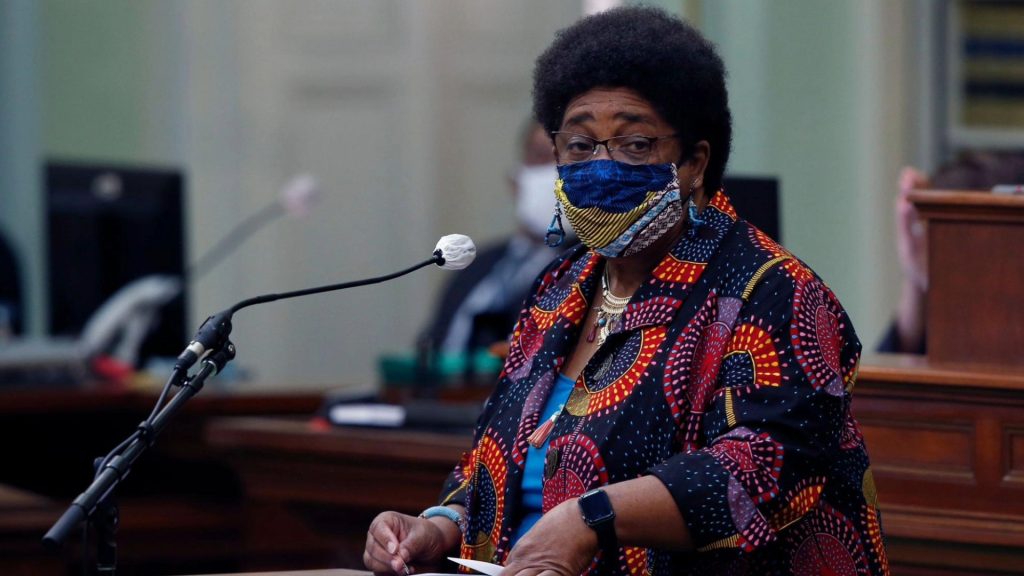
People who support the proposition request some sort of compensation. This can include financial support or other resources, but what matters is that “white people” pay what they owe the blacks.
New York Governor Agrees To Reparation Demands
After a lot of debate, New York Gov. Kathy Hochul passed a bill in December 2023. The new creates the opportunity for black people to receive compensation for slavery and its effects over the years.
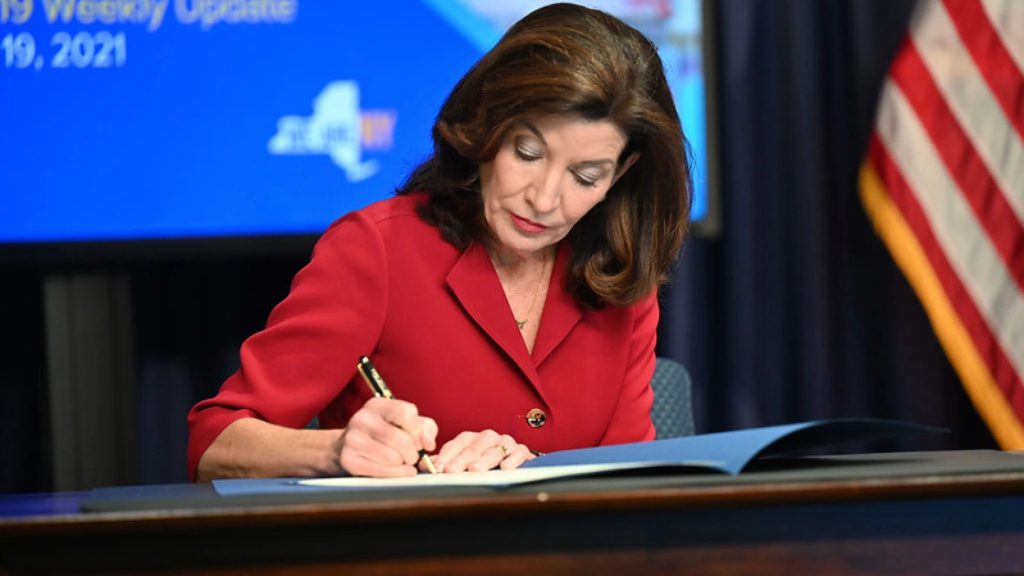
Many news outlets dubbed the bill controversial. Supporters claimed it was an appropriate measure by the governor, while opponents claimed Americans shouldn’t pay for slavery when the current people never directly experienced it.
The Bill Calls For A Committee, Not Immediate Funds
News of the bill quickly crested some misconceptions online. Some people assumed New York was ready to give out free cash to black people. All that’s left is a line in front of the government’s office.
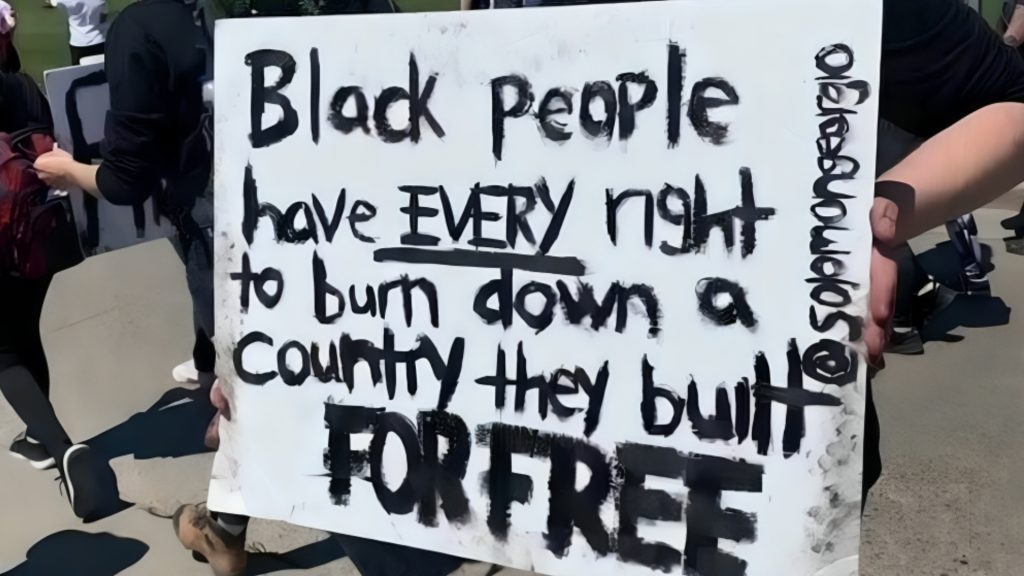
In reality, the bill called for a committee to research the descendants of previous slaves in the state. Once identified, these people will quickly receive compensation for their ancestors’ hardships.
Outrage In The Black Community
News of the actual details of the bill quickly outraged many members of New York’s black community. These people raised concerns at how disrespectful it is to only limit the reparations to defendants of slaves.
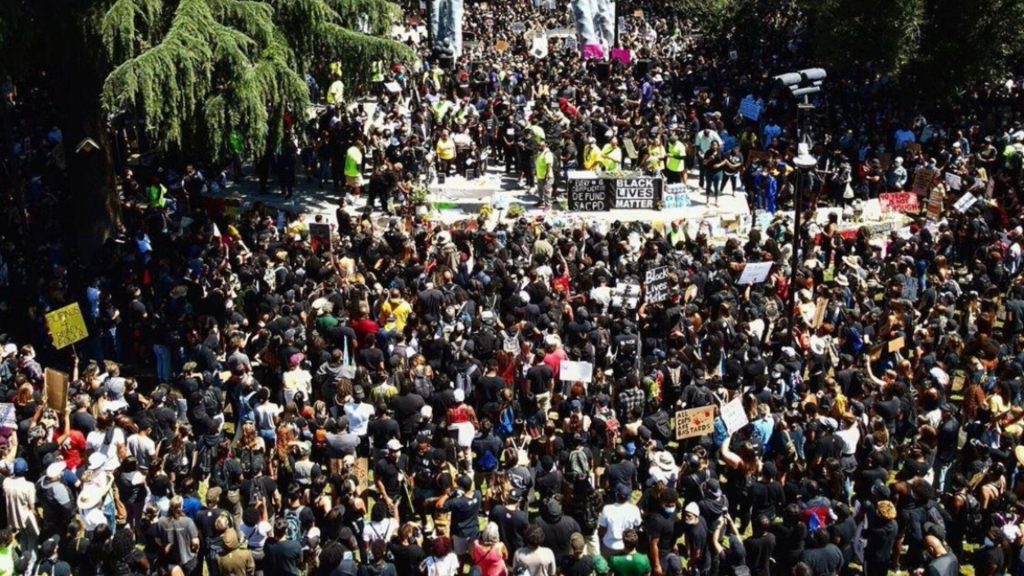
Bertha Lewis, head of the Brooklyn-based Black Institute, commented on the development. She said: “That’s a false narrative. I don’t give a f–k what California did.” This references the similarity between New York and California’s Reparation efforts.
California’s Slave Reparation Efforts
California made efforts to provide adequate compensation to its black community for slavery. However, the committee in charge of this task set the eligibility criteria for the descendants of former slaves.

The proposal also recommends giving $1.2 million to each person who qualifies. However, the state hasn’t implemented the effort yet. Many are against the idea in the first place saying that California doesn’t need to pay because it never owned slaves.
‘Black People Faced The Effects Of Slavery’
Bertha Lewis further explained why New York’s reparation efforts are unfair. She continues: “You can’t just say, ‘Only descendants of slaves from the South.’ Black people faced the effects of slavery – discrimination – simply because they’re Black.”
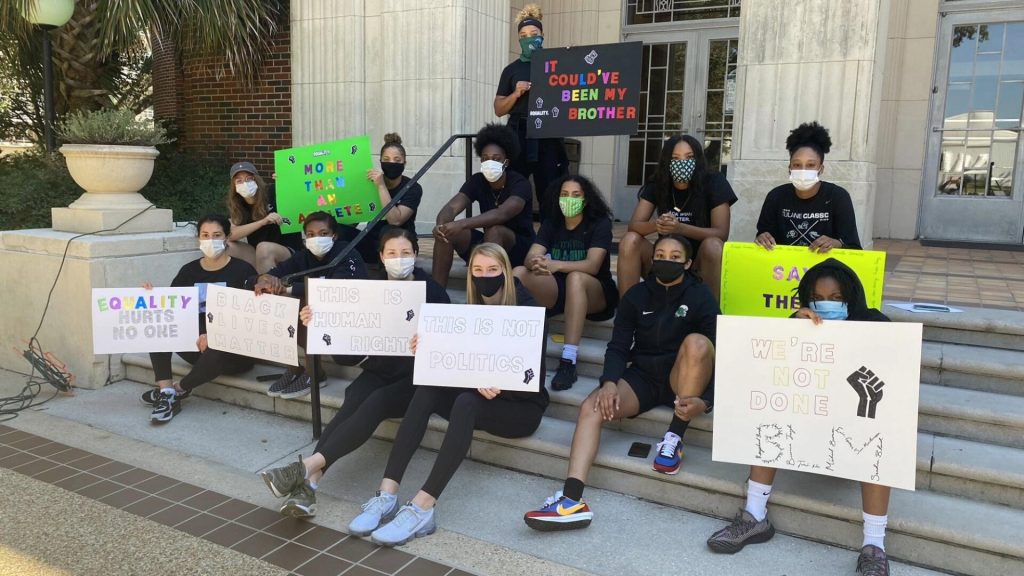
Lewis adds: “If you’re going to talk about reparations, you have to talk about the discrimination that has gone on a long time against Black people in the White American system.”
‘Pinpointing Descendants Is Impossible’
Lewis presents another compelling challenge to New York’s reparation method. She claims that finding direct descendants is difficult and almost impossible. Is this true? Surprisingly, this was a similar argument against California.
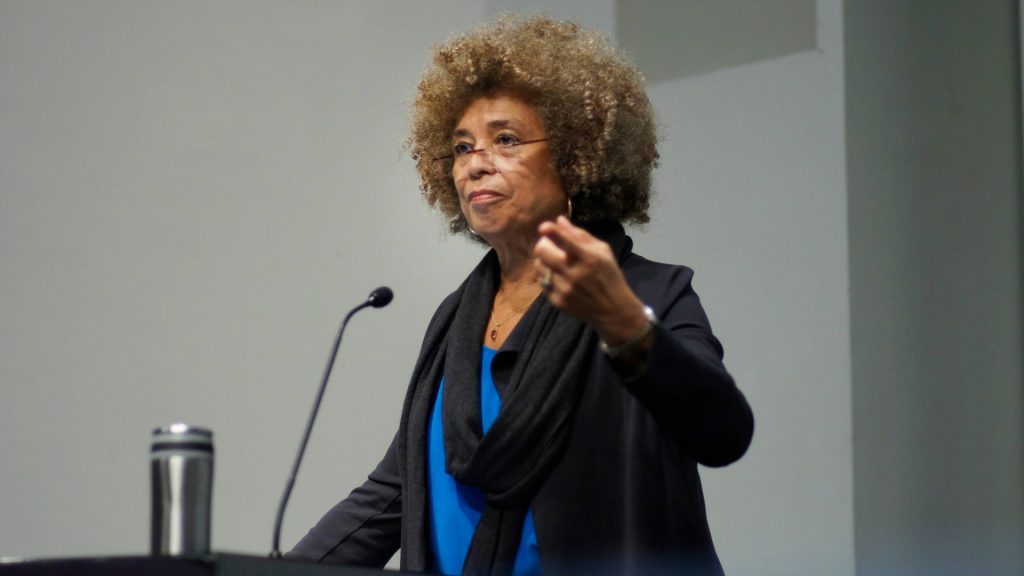
Experts commented that DNA testing may be insufficient to determine if someone is directly related to a former slave. Even if they use census records and birth certificates, they’ll need a genealogist’s help, which is expensive.
Counter Arguments From Mona Davids
While several people claim New York should include all black Americans, Mona Davids gave a contrasting option. The LittleAfrica founder argued that Black people who deliberately came to New York shouldn’t qualify.
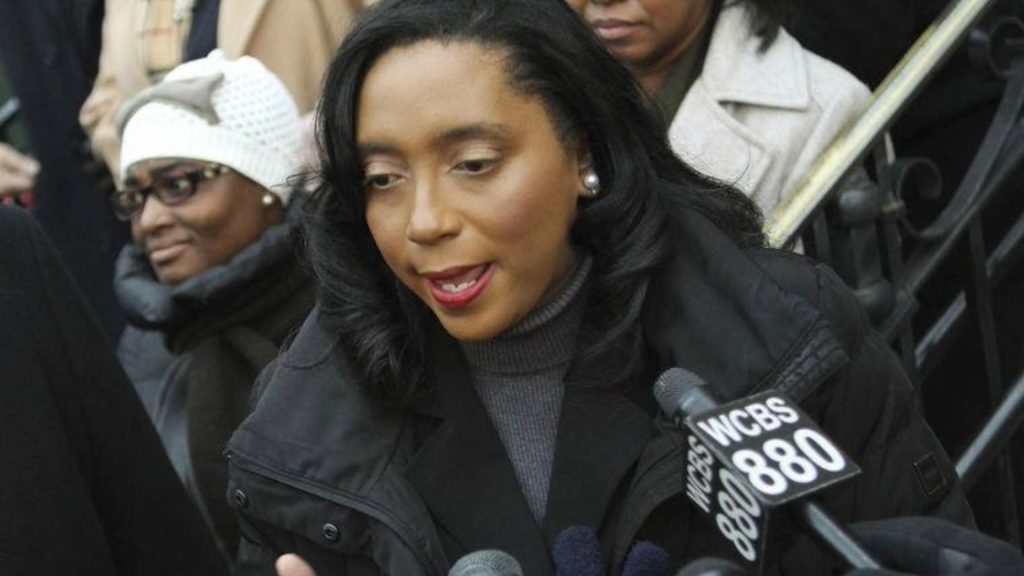
She explains: “The only beneficiaries of reparations should be descendants of chattel slavery – not African immigrants or Afro-Caribbean descendants,” Davids points out that “we came here willingly unlike slaves that were forced.”
‘African Countries Profited From Slavery’
Davids supported her point by calling out other African countries. She showed that these nations benefited from slavery and should be held accountable as well. History shows her point is valid.
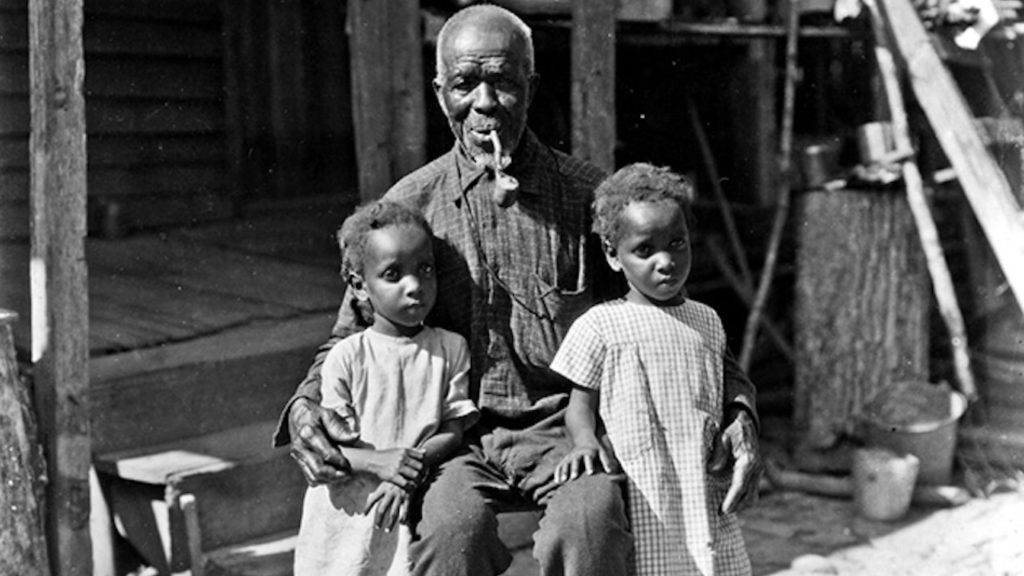
Countries like Ghana and Nigeria sold their people for gifts and resources from foreigners. Davids then points out that these countries can pay for their crimes now. “In many cases, it was Black Africans who sold slaves. Ghana is rich. Nigeria is rich,” she said.
Immigrants After Slavery Will Still Pay
Commentators argue that the reparations will come from taxpayers’ dollars. The city will be taking money from people who never owned slaves for crimes that happened before they were born.

However, the worries escalated when New York’s governor revealed that immigrants who came after slavery were still responsible for the crime. She argues that their taxpayer dollars are necessary to repair the damage of the past.
‘You Have A Role To Play In This Nightmare’
Governor Hochul explains her point: “I think of the immigrants and the children of immigrants who’ve come here since the end of slavery. They will say, ‘We had no involvement in slavery. … None of our relatives were slave owners.’ And there’s part of me that worries about leaping into this conversation…’

She continues saying: “These huddles and tired masses came here to seek a better life. … Slaves, people who were enslaved, didn’t come here willingly to pursue a dream, but they came in bondage to live a nightmare. And we have to ask, do those of us whose family came here to pursue a dream not have a role to play in ending a nightmare? Yes, yes, we do.”
The Decision Will Create More Strife
News of Governor Hochul’s opinion on immigrants also paying reparations sparked controversy. Some argued that it didn’t make sense to involve people who had no hand in the problem, irrespective of their travel goals
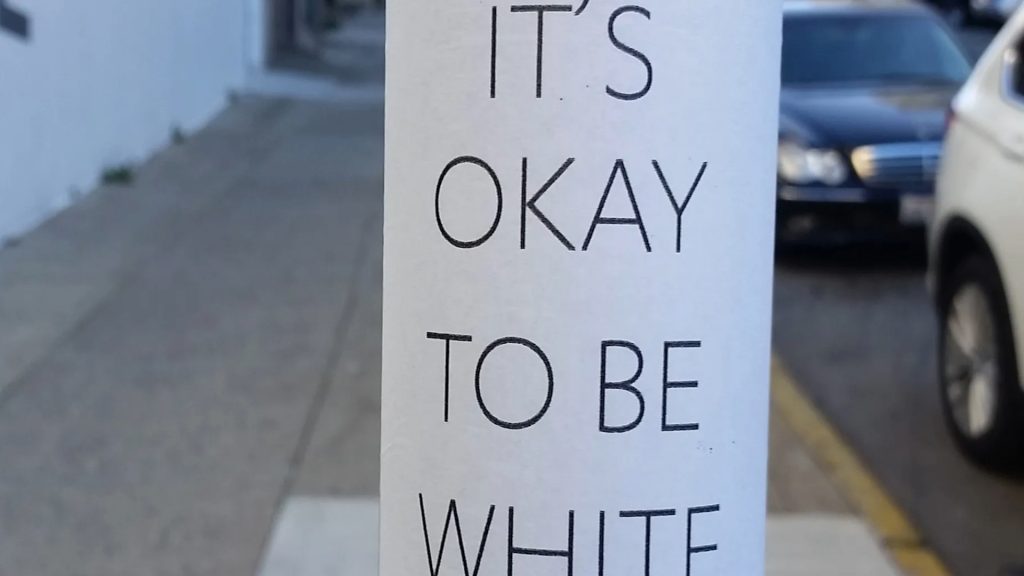
Others point out that forcing such reparations defeats the purpose. Spending people’s money in a “pointless” endeavor will enrage the public. This irritation could produce more animosity towards black people, creating more prejudice.
A Possible Ticking Time Bomb
Both sides have compelling arguments for their positions. The black community claims they deserve compensation for the effects of slavery, and it must get to every single individual. On the other hand, people argue that spending essential resources on this hill is pointless and a waste of taxpayers’ money.

Commentators point out that irrespective of the outcome, one side will be outraged as black Americans will either be denied reparation or white Americans will be forced to pay for what they didn’t do.




